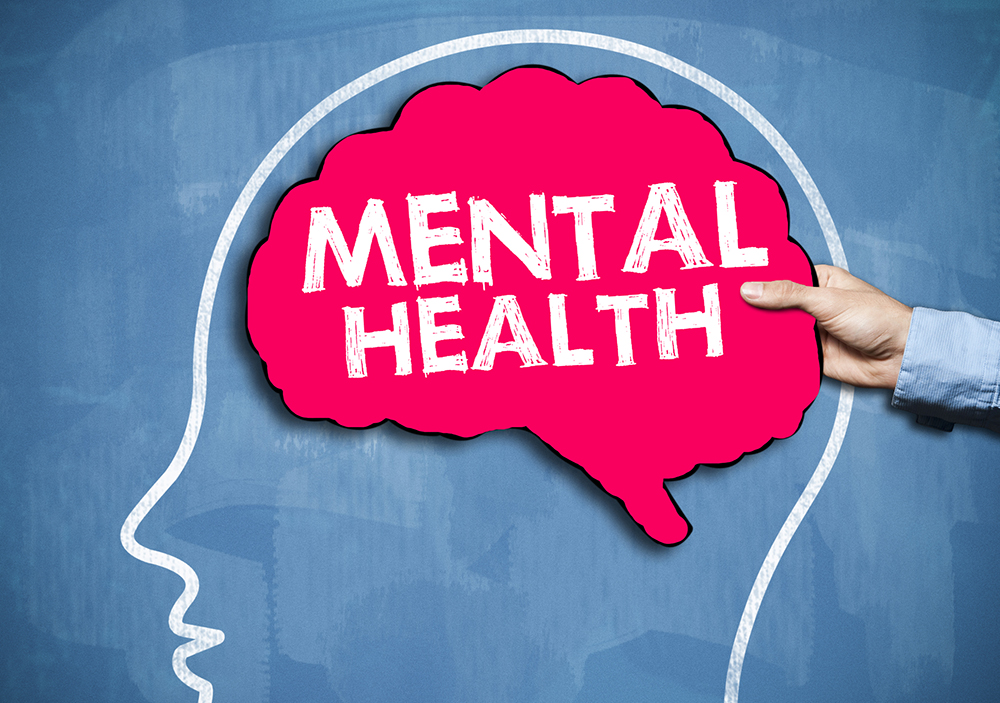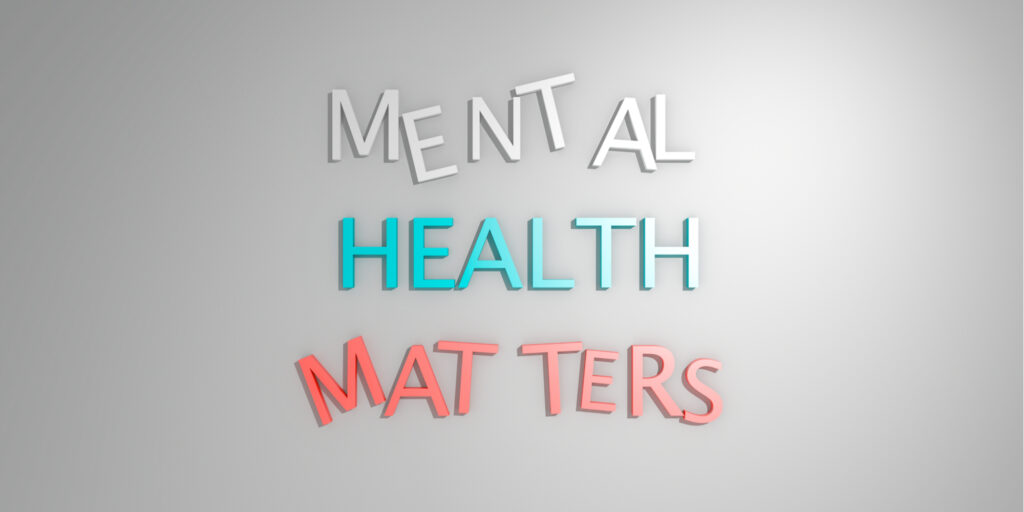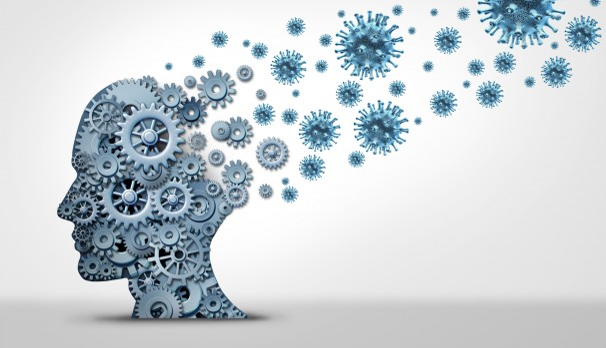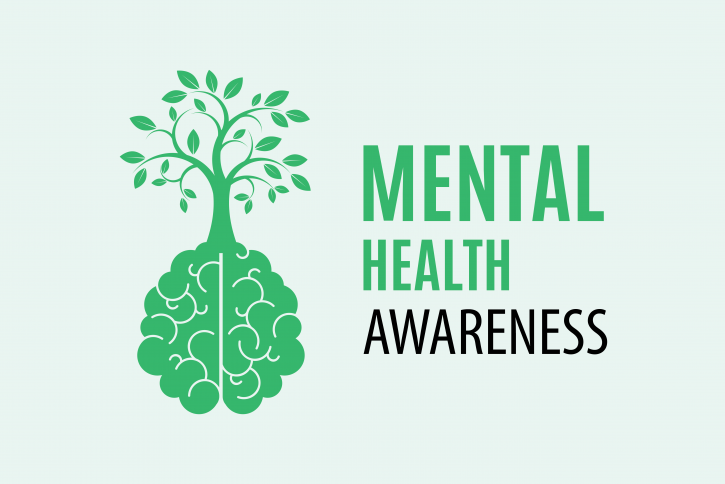Mental health and well-being
Enter the realm of understanding and support as we unravel the significance of mental health awareness. In this exploration, discover why mental health awareness is pivotal, how it differs from behavioral health, and practical ways to combat stigma. From insightful tips to real-world applications, join us in promoting a culture that prioritizes mental well-being. Let’s navigate the landscape of resources and unlock the benefits of heightened awareness, shaping a world where mental health is not just acknowledged but actively embraced. It’s time to start a conversation, dismantle obstacles, and cultivate a culture that appreciates everyone’s mental health.
The Importance of Mental Health Awareness
It is vital to comprehend the vital significance that mental health awareness plays in our lives. It acts as a light, pointing people in the direction of improved mental health in communities and cultures. Enhanced cognizance not only encourages prompt identification of mental health issues but also streamlines the process of obtaining suitable resources and assistance. Raising awareness about the frequency and effects of mental health problems encourages empathy, lessens stigma, and creates a setting in which people feel more at ease asking for assistance. This section explores the critical significance of mental health awareness, highlighting how it may change people’s perceptions, spark discussions, and eventually make the world a better and more compassionate place.
Combatting Mental Health Stigma
Mental health stigma perpetuates misconceptions, discrimination, and barriers to seeking help. In this section, we address the problem head-on by giving concrete tactics to combat stigma around mental health and illustrative instances of it.
Stereotypes, derogatory language, and judgmental attitudes toward those who are struggling with mental health issues are a few examples of stigma. Combatting this stigma begins with awareness and education. By challenging stereotypes and fostering open conversations, we can dismantle preconceived notions surrounding mental health.
Practical strategies to fight stigma involve promoting empathy, understanding, and inclusivity. Promoting candid conversations about mental health, sharing individual experiences, and busting stereotypes all help create a more understanding and encouraging atmosphere. Online and offline education initiatives are essential for increasing awareness and breaking down the obstacles that stigma imposes.
Ultimately, this section aims to empower individuals to become advocates against mental health stigma, fostering an atmosphere where seeking help is normalized, and everyone feels accepted and supported on their mental health journey.
Promoting Mental Health Awareness

Promoting mental health awareness is not just a task for professionals; it’s a collective responsibility that everyone can contribute to. This section offers three practical tips to actively promote mental health awareness in various settings.
Start Conversations
Break the silence surrounding mental health by initiating open and supportive conversations. Encourage dialogue in workplaces, schools, and communities. By normalizing discussions about mental health, individuals feel more comfortable sharing their experiences and seeking help.
Educate and Inform
Knowledge is a powerful tool in the fight against stigma. Promote mental health literacy by sharing information about common mental health conditions, signs, and available resources. Hosting workshops, distributing informational materials, or utilizing online platforms can contribute to creating an informed and empathetic community.
Support Mental Health Initiatives
Get involved in or support initiatives that aim to raise mental health awareness. Participate in awareness campaigns, and events, or volunteer for organizations dedicated to mental health advocacy. Participating in these programs actively enables you to be a part of a larger movement that breaks down boundaries and builds a more understanding society.
People may actively contribute to raising mental health awareness and developing a culture of compassion and support for those dealing with mental health issues by implementing these useful suggestions into their everyday lives.
The Impact of Mental Health Awareness

Understanding the impact of mental health awareness is key to appreciating its significance. Increased awareness positively influences various aspects of individual and collective well-being. This segment focuses on the fine shifts in attitudes, behaviors, and help networks that result from expanded recognition. First of all, humans are much more likely to be looking for assistance if they are well-known and understand intellectual fitness troubles. For people with intellectual fitness concerns, early detection, and care can substantially beautify results and sell normal wellness. Second, growing recognition of intellectual fitness troubles in society promotes empathy and compassion. As misconceptions and stigma are challenged, communities become more supportive and inclusive. This collective understanding contributes to reducing discrimination and creating environments where individuals feel safe to share their experiences.
Moreover, the destigmatization of mental health encourages open communication. Talking openly about mental health opens doors to a more encouraging circle of friends, family, and coworkers. This networked support system plays a critical role in providing a supportive and caring atmosphere for individuals dealing with mental health issues.
This part, which emphasizes the transforming power of knowing and appreciating mental well-being, essentially investigates how mental health awareness is not simply an abstract idea but a catalyst for concrete and beneficial changes in individuals and communities.
Unlocking the Benefits of Mental Health Awareness

This section delves into the tangible benefits that emerge when mental health awareness becomes a cornerstone of personal and societal values. By actively embracing and promoting awareness, individuals, and communities unlock various advantages that contribute to overall well-being.
Reduced Stigma and Discrimination
Heightened awareness challenges stereotypes and misconceptions, leading to a reduction in the stigma associated with mental health. As a result, prejudice is lessened, which promotes a society that is more accepting and kind.
Early Intervention and Treatment: When mental health problems are detected in their early stages, people are more likely to seek timely intervention and treatment. Raising awareness encourages a proactive approach to right mind, which enhances results and stops problems from getting worse.
Improved Support Networks
Open conversations around mental health create supportive environments where individuals feel comfortable sharing their experiences. This results in stronger support networks within families, workplaces, and communities, providing crucial assistance to those navigating mental health challenges.
Enhanced Well-being
A greater knowledge of mental health concerns promotes overall well-being. Individuals are more likely to prioritize taking care of themselves, adopt healthy coping mechanisms, and engage in activities that improve their mental and emotional health.
Increased Access to Resources
Access to resources for mental health is increasing along with awareness. Strong awareness-building communities are more likely to have easily accessible counseling services, support services, and educational opportunities, guaranteeing that assistance is available when needed.
Unlocking these advantages makes mental health awareness a force for good, fostering the development of a society that values and places a high priority on the mental health of its citizens. This section emphasizes the practical and transformative outcomes that result from embracing a culture of awareness.
Navigating Additional Mental Health Resources
This section examines a carefully selected selection of extra mental health resources that people can use to get further advice, understanding, and support. Those who are interested in learning more or who need support should have access to a range of resources because mental health is a broad and complex area.
Hotlines and Helplines
Mental health hotlines at both the municipal and national levels offer prompt assistance and direction. In times of need, these hotlines are manned by qualified experts who can provide resources and support.
Online Counselling Platforms
Online counseling services are becoming more and more common since they provide a practical and easy means of communicating with mental health specialists. Numerous counseling options are available through online platforms, ranging from video sessions to text-based chats.
Educational Websites and Apps
Numerous websites and applications offer self-help tools, instructional materials, and information about different mental health conditions. People can take an active role in managing their mental health thanks to these platforms.
Community Support Groups
Through online or local support groups, people can meet others and connect with others who have experienced similar circumstances. Peer support fosters understanding and a sense of community, which may be quite useful.
Mental Health Organizations
Advocacy, education, and resource distribution are vital functions of national and international mental health organizations. Investigating these organizations’ resources can yield a plethora of knowledge and assistance.
Books and Literature
There is a wealth of written material regarding mental health, including self-help books, memoirs, and academic textbooks. Reading about mental health issues and remedies can be enlightening and empowering.
While recognizing that each person’s journey toward mental health is unique, this section seeks to empower people with a variety of tools. By giving people access to information on where to get support and advice, they may make educated decisions and locate the assistance that most closely matches their requirements.
Real-world Applications: How Mental Health Awareness Helps

This section looks at practical ways that raising awareness of mental health issues can benefit people individually, in groups, and throughout society. We can comprehend the concrete ways in which increased awareness promotes well-being by exploring real-world instances.
Workplace Well-being Programs:
Companies embracing mental health awareness often implement well-being programs. These initiatives include workshops, counseling services, and flexible policies that prioritize employees’ mental health, fostering a more supportive work environment.
School-based Initiatives
Educational institutions that promote mental health awareness create a positive and nurturing atmosphere for students. Programs addressing stress management, providing counseling services, and offering mental health education contribute to a healthier learning environment.
Community Awareness Campaigns
Local communities that actively engage in mental health awareness campaigns break down barriers and reduce stigma. These campaigns may include public events, educational seminars, and outreach efforts to ensure that mental health is a prioritized community concern.
Media and Entertainment Impact
When media and entertainment industries portray mental health accurately and sensitively, they contribute to reduced stigma and increased understanding. Storylines that depict mental health challenges and recovery journeys play a role in shaping public perceptions.
Social Media Advocacy
Individuals and organizations leveraging social media for mental health advocacy bring awareness to a broader audience. Platforms used to share personal stories, provide resources, and engage in open conversations contribute to a more informed and supportive online community.
Government Policies and Support
Countries and regions that prioritize mental health awareness often implement policies that support mental health services, destigmatize mental health conditions, and allocate resources to mental health research and education.
By examining these real-world applications, readers can see how mental health awareness manifests in various aspects of life. From the workplace to educational institutions, communities, and even the media landscape, the positive ripple effects of heightened awareness create a more understanding and compassionate society.
Conclusion
“In closing, the journey through mental health awareness reveals a transformative landscape where understanding fosters support. From dismantling stigma to real-world applications, the impact is profound. As individuals and communities prioritize mental well-being, stigma diminishes, resources expand, and a culture of empathy emerges. Together, we unlock a future where mental health is embraced, and support is not just a concept but a collective reality. Let’s continue this journey, breaking down barriers and fostering a world where everyone’s mental health matters.”

